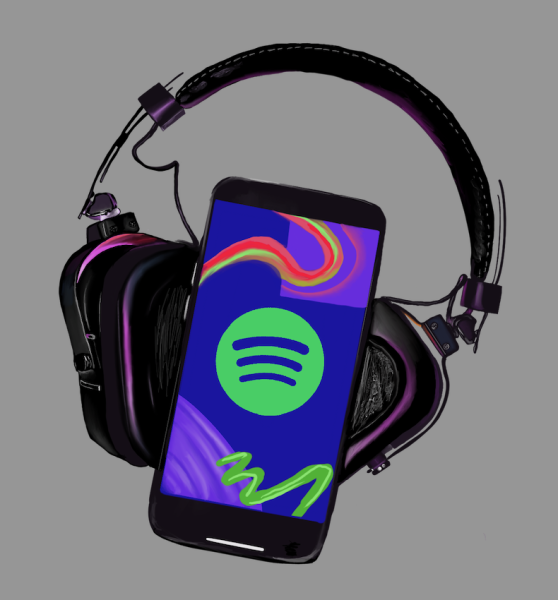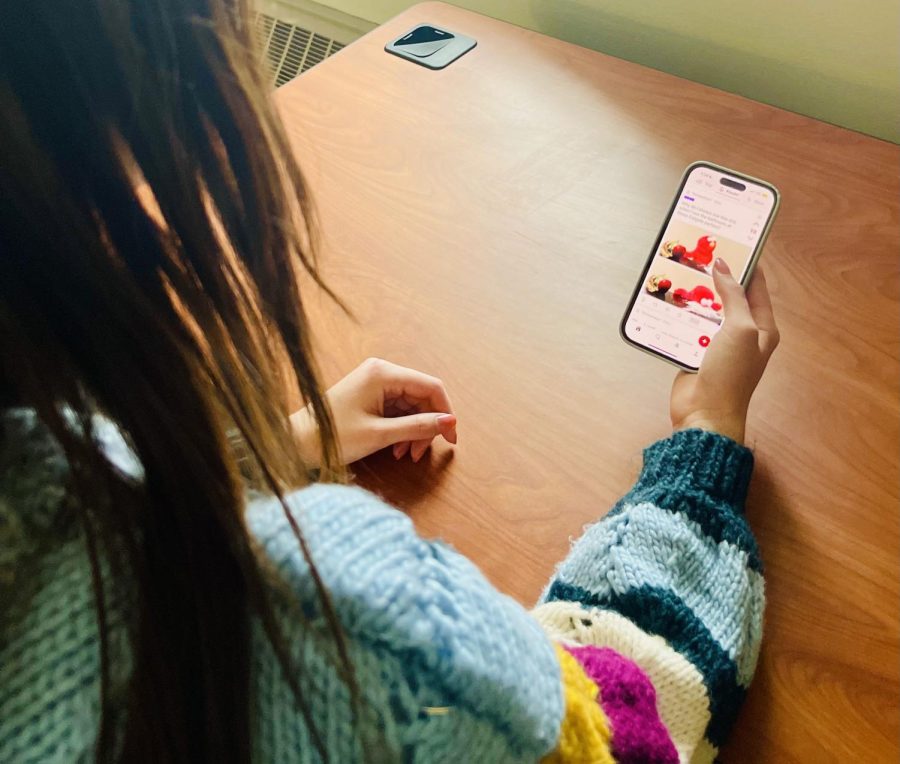Is Fizz the New Yik Yak?
Introducing you to the brand-new anonymous social media app on campus: Fizz. Fizz allows students to post anything that comes to mind, whether it be what they had for lunch, polls, memes or more. Sound familiar? It should; the app is eerily similar to the well-known app Yik Yak.
Fizz advertises itself as a great alternative to Yik Yak by limiting those who post to your confirmed school community, eliminating external users, unlike Yik Yak. They require that users enter their school email address to ensure that everyone on the app is in fact a student at the respective school. Is this a great alternative or another dead-end social media app?
If we’re being honest, the popularity of anonymous apps has been declining for a while now. This probably explains why Fizz received the negative feedback from students that it did; people are hesitant to trust the credibility of such anonymous apps. Yik Yak has been an established app for almost a decade but, as explained by The Next Web, the anonymity of the app leaves room for users to post “racist, abusive, and problematic content” while staying hidden behind the screen. Due to this, the number of users of the app decreased by 76% by 2016 and the app ultimately shut down for four years in 2017. Although the app resurfaced, the creation of more anonymous apps such as Fizz does not eliminate the problem of abusers and it never will.
I’ll give it to Fizz, they really tried to get students excited about their app. If you were on campus for the first weeks back from Winter Break, you most likely either heard or saw something relating to Fizz. They hired hundreds of students to either post or go around campus advertising their app by giving students free donuts, bucket hats, and even money in exchange for downloading and promoting the app. This college student ambassador program was endorsed by substantial venture capital Fizz was able to raise, however, their money and tactics weren’t enough to reel students in. Despite receiving a lot of coverage, Fizz turned into somewhat of a meme on campus as their pleas for students to use the app seemed abrupt and pretty desperate.
Sophomores Kellie Couch and Carter Gordon had similar feelings about the abrupt introduction of the app on campus.
“Their approach to marketing made it seem like a pyramid scheme. There was a lack of information on the posts about what Fizz truly was and they all came out at once” says Couch.
Gordon felt similarly. “[Fizz] seemed like a scam the way it bribed students to join and forced campus representatives to post ridiculous amounts of content,” Gordon said.
While it’s a good idea, in theory, to make students eager to use an app, perhaps a slower approach would have avoided the suspicions of their integrity.
When considering the impact of Fizz in comparison to Yik Yak, sophomore Mitchell Waksler expresses that Fizz “misses the mark.”
“[I]n assuming that students can be bribed into recreating this with mass marketing schemes and Dunkin Donuts. What made YikYak special is that there was no inherent motivation to join or post certain amounts of content. It existed purely to give students a voice,” Waksler said.
In addition to students’ suspicions of the emergence of this new app, sophomores Amelia Cohen and Zach Greenberg concur that Colgate is the “wrong school” for Fizz to make their attempt to dominate. Due to Colgate’s seclusion from other communities, the problem with Yik Yak isn’t the fact that non-community members have the ability to post as well. The problem is that anonymous apps provide a means for students to create a hostile platform where they can bully others without showing their face, a problem we still find with Fizz despite their elevated security.
While Fizz’s intentions were to strengthen the community through yet another social media app, their efforts only steered students away from these anonymous apps. What we need is not another screen to hide behind, but something that can bring us together without letting the cyber-bullies ruin the fun.
Can we achieve this through something other than our phones?




